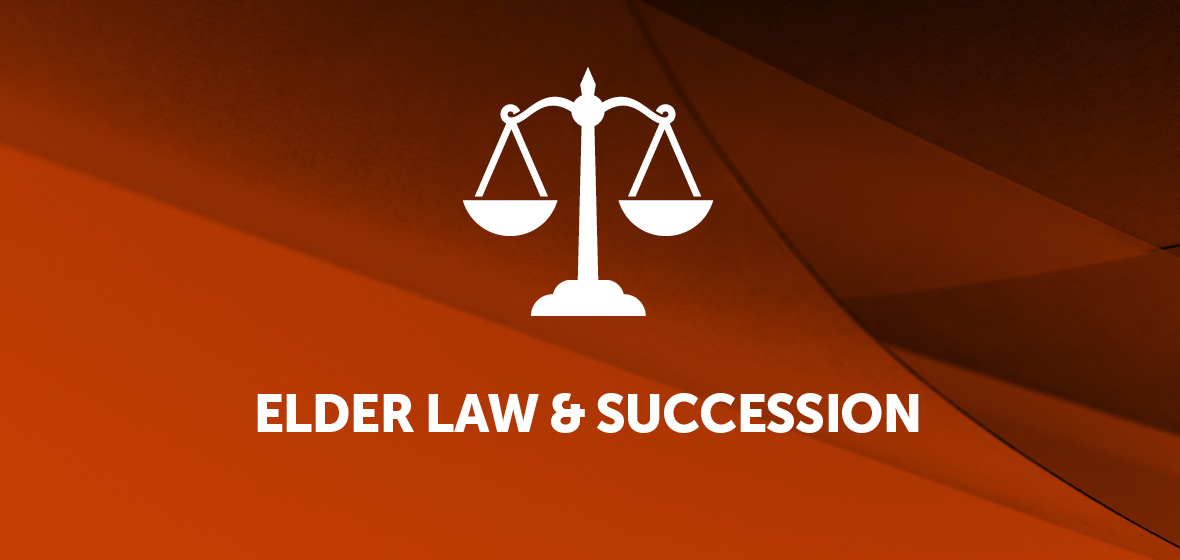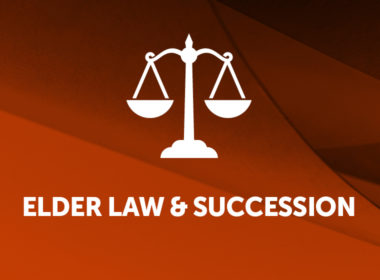Key decisions
- Re Stuckey; Scholte v Stuckey [2021] VSC 67
- Case 658056 (concerning Sunsuper Pty Ltd)
- Case 689530 (concerning AustralianSuper Pty Ltd)
- Case 698561 (concerning United Super Pty Ltd)
- The Estate of Bradley Scott Lyons [2021] NSWSC 197
- Estate of Badger (Deceased) [2021] SASC 25
- Re Webster [2021] QSC 62
- Re Logan [2021] VSC 131
- Re RD [2021] QSC 65
Lessons for an executor administering an estate
The executor of the estate of Marietje Stuckey made an application for commission pursuant to the Victorian equivalent of s 86 of the Probate and Administration Act 1898. The Court observed that generally commission is allowed for the executor’s ‘pains and trouble’, being the responsibility as well as the actual work involved in administering the estate (Re Stuckey; Scholte v Stuckey [2021] VSC 67 (Englefield J) at [15]). In assessing commission, ‘[t]he exercise of judgment, the extent of activities, the benefit to the beneficiaries and time involved all weigh into consideration, alongside the capacity of the estate to pay’ (at [19]).
The Court observed that ‘[t]he administration of [Stuckey’s] estate involved many onerous tasks and considerable time of the executor, who is not herself a beneficiary. However, a significant part of the work created in this administration was as a result of the executor’s own extraordinary delay and other issues of maladministration’ (at [20]). The Court described obligations of an executor which had been breached. First, ‘[t]he executor has a positive duty to administer the estate with due diligence’ (at [21]). Secondly, the executor has a duty to act solely in the interests of beneficiaries. In the Stuckey estate, the executor permitted close family members to occupy the estate property rent-free, postponing the sale of the property and thereby the distribution of the estate (at [32]). Thirdly, an executor has to maintain proper records and accounts, independently of the need to do so to obtain commission (at [49]). Fourthly, an executor has a duty to act impartially between beneficiaries (at [53]).
As to overcoming these breach of duties, the Court commented that ‘only fully informed consent may excuse an executor from duties of due diligence and acting solely in the interests of the estate. The minors are incapable of giving valid consent’ (at [32]). The Court stated that ‘[a]n executor is not entitled to commission unless the estate is administered with “the utmost punctuality, regularity, impartiality and honesty”’ (at [24]). This hadn’t occurred so the application was dismissed.


